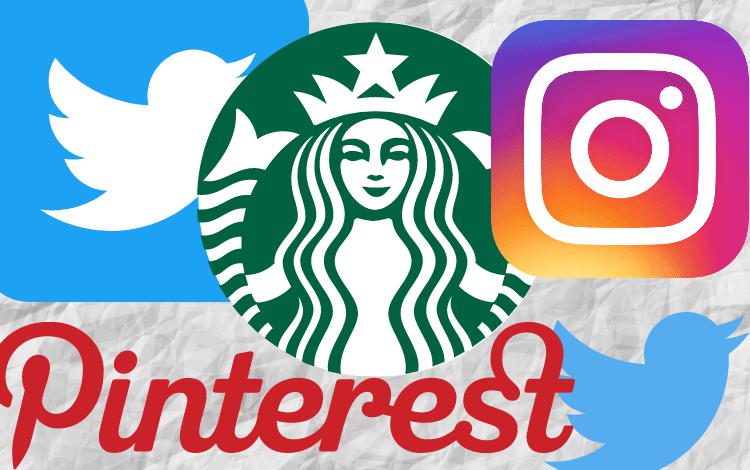As an entrepreneur, you probably wrestle with questions regarding day to day operations, customer service, and employee management. And there, of course, are also the larger questions that you must face: such as when to stay the course and when to change direction altogether. Especially in light of the situation the world is now facing, numerous business owners are likely trying to figure out whether or not this is the time to pivot. Is your current model working? Does it suit the atmosphere that we live in, in light of recent events? If not, then you are facing a crucial choice in the life cycle of your company. That said, we wanted to offer a glimpse into some of the most famous major business pivots of all time. Perhaps a little added inspiration as you try and decide how to proceed with your business plan…
Perhaps one of the most well-known business pivots ever—Odeo transforming into the giant that is now Twitter. Initially, Odeo was a network that allowed people to identify their favorite podcasts and subscribe. And then iTunes entered the podcast arena, and Odeo feared for its future. The company's founders went to their employees and asked for more sustainable ideas…and Twitter was thus born.
PayPal
PayPal has gone through several incarnations. Originally started in 1999, their original mission was to enable people to use palm pilots to "beam" payments. They eventually merged with X.com and in partnering with eBay started its course toward becoming the premier payment processing company.
Starbucks
Perhaps the most well-known coffee shop on the planet, Starbucks began back in the 70s selling espresso makers primarily. They also specialized in coffee beans. In the 80s, the company made a major pivot by way of selling European style coffee to customers within its stores, which were also transformed to evoke the European flavor. This would ultimately lead to Starbucks becoming a virtual coffee house juggernaut.
Flickr
Flickr started life out as a role-playing game. The game had users utilizing a digital map to engage with other users as they bought, sold, and built things. The key component of the game was a photo-sharing tool. And this subsequently, came to be the most popular part of the game itself. Flickr then decided to focus exclusively on this photo feature. In 2005, intrigued by Flickr's ever-growing popularity, Yahoo acquired the company.
HP
Hewlett-Packard initially began as an engineering company in the 1940s. Their primary focus was on audio and signal generators. In the 1990s though, was when the company truly came into its own, launching the sale of personal computers. Since that time, computers and the accompanying accessories such as printers and scanners have been that which truly define HP.
Instagram began as a company called Burbn. Essentially, they were a check-in app associated with Mafia Wars. There was also a photo component of the platform. The founders did not see the future potential for Burbn, fearing it would ultimately lose traction. They thus took away all of the app's features except for the photo component. Ultimately, they ended up building a version of the app that focused exclusively on photography…and Instagram was the result.
Wrigley
Wrigley—known of course as the iconic gum brand—actually began as a company that sold soap primarily. The founder, William Wrigley, got the idea of giving away free gum in an attempt to entice customers. What he discovered was that gum was quite a valuable commodity in and of itself. He thus began the process of manufacturing his gum and today the company perhaps the most recognizable gum brand in the country, if not the world, grossing billions in revenue yearly.
Avon
One of the premier names today in makeup is of course Avon. Like the story of Wrigley however, the company did not start as the makeup titan it is today. The founder, David McConnell, was a book salesman, selling door to door. He also gave out free samples of perfume with his books, and consequently discovered that the women he sold to were more interested in the perfume. He additionally thought of the idea of recruiting said women to sell the perfume for him. And this was the eventual model that got Avon off the ground.
Fab.com
Fab is currently an online fashion site that does hundreds of millions in annual revenue. This was not the original premise of the company—not at all. It began as a social networking site called Fabulis. This site eventually disappeared, but the founders discovered they had a penchant for picking things people liked. They, therefore, renamed the brand and offered handpicked clothing and home goods. This abrupt pivot most definitely paid off in the end.
Pinterest's first name was Tote. This was a site dedicated to letting people shop from their favorite retailers. When items were on sale that a user liked, the site would send automatic updates. What the founders discovered however was that their users were far more interested in cultivating collections of those items that were among their favorite and then sharing such collections with friends. The founders of Tote decided to pivot, and the result was of course Pinterest. The platform currently has over seventy million users—and they are actively exploring ways to bring the retail aspect back in a big and dynamic way.
First Union Lending would love to help your small business. If after the events of the past few months, you are discovering you might need to adjust your business plan, we have financing solutions that can help you do just that. We want to see our clients make it through this and come out on the other side stronger than ever. From short term loans to merchant cash advances, odds are we have a funding program that'll work perfectly for you. Call today!
